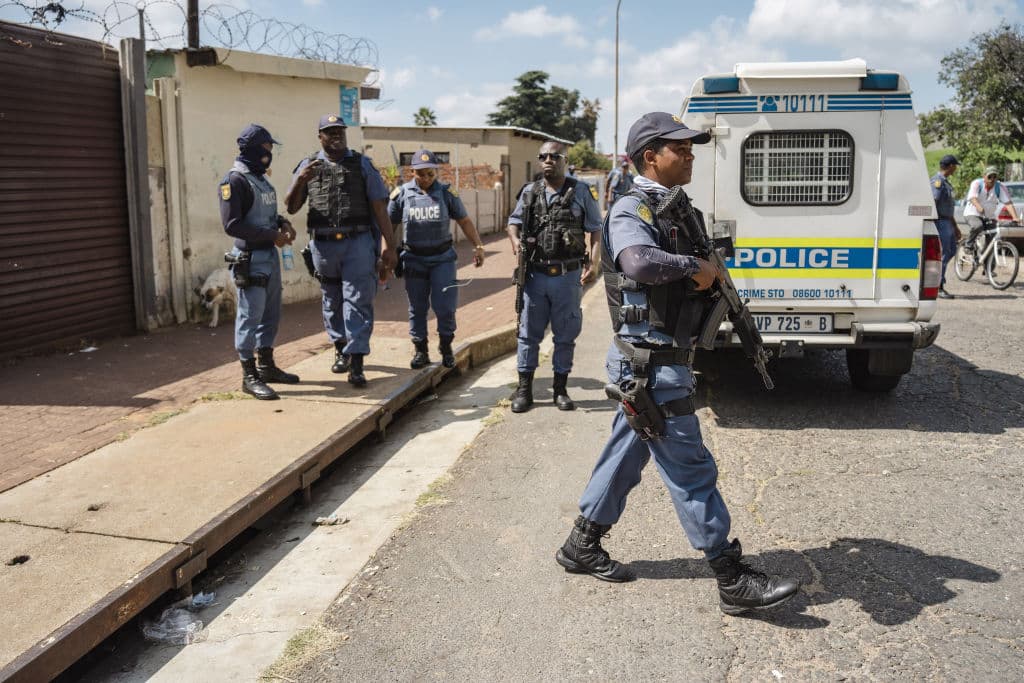South Africa has descended in rankings in the Organized Crime Index (OCI), published by the Global Initiative against Transnational Organized Crime (GI-TOC) this week. The latest OCI rankings place South Africa as the seventh most vulnerable nation to organized crime globally, a steep fall from its 19th position as of the last report in 2021.
The report employs a dual-metric system, evaluating countries based on their Criminality and Resilience scores. South Africa’s metrics indicate a rise in criminal activity and a decline in resilience, placing it in global rankings between Nigeria and Iraq.
In the African context, the Southern African Region fares relatively well in the OCI, making South Africa’s decline even more glaring. Julian Rademeyer, a GI-TOC Director, notes to FORBES AFRICAthat the country has historically shown a robust ability to counter organized crime, despite its high levels of violent crime.
“We’re at a critical juncture,” warns Rademeyer. “We need to act… and if we are going to act we need to act now.” He emphasizes that the nation’s democracy and populace are under siege from escalating organized criminal activities.
The report sheds light on the multifaceted nature of organized crime in South Africa. While human trafficking and drug trade are noted as salient issues, the data reveals an unsettling rise in environmental crimes like illegal logging and wildlife poaching.
The report highlights the failure of law enforcement to respond adequately to these challenges as being crucial in South Africa’s rankings. While arrests for high visibility challenges are common, Rademeyer makes it clear that a lack of cohesive strategic intent and disruption of higher levels of organized criminal structures are preventing greater progress.
“What I think is necessary to have here is a targeted focus” says Rademeyer. “Police are running around and putting out fires, but not really getting control of the blaze that’s burning.”
The report also highlights a concerning lack of leadership, and that this is magnified by the current economic crisis. The highly publicized scandals surrounding political officials have deepened a sense of mistrust in both the public sector and those that lead them, the report states.
While the report makes clear that significant obstacles exist to positive change in the battle against organized crime, it too highlights the uniqueness of South Africa’s resilience in the face of these challenges, with the independence of the judiciary, comprehensive legislation and strength of both civil society as well as whistleblower action noted as playing a significant role.
“If you can deal with the leadership issues, and you get the direction and strategy right… the knock-on effect could be quite big,” continues Rademeyer.
South Africa’s OCI ranking calls for urgent, strategic action. The country’s historical resilience offers a glimmer of hope, but reclaiming that legacy will require a concerted effort from all sectors of society. The data is clear: it’s time for South Africa to confront its organized crime crisis head-on.
“I think what the relatively high resilience says is that there’s something worth struggling for here,” says Rademeyer.
